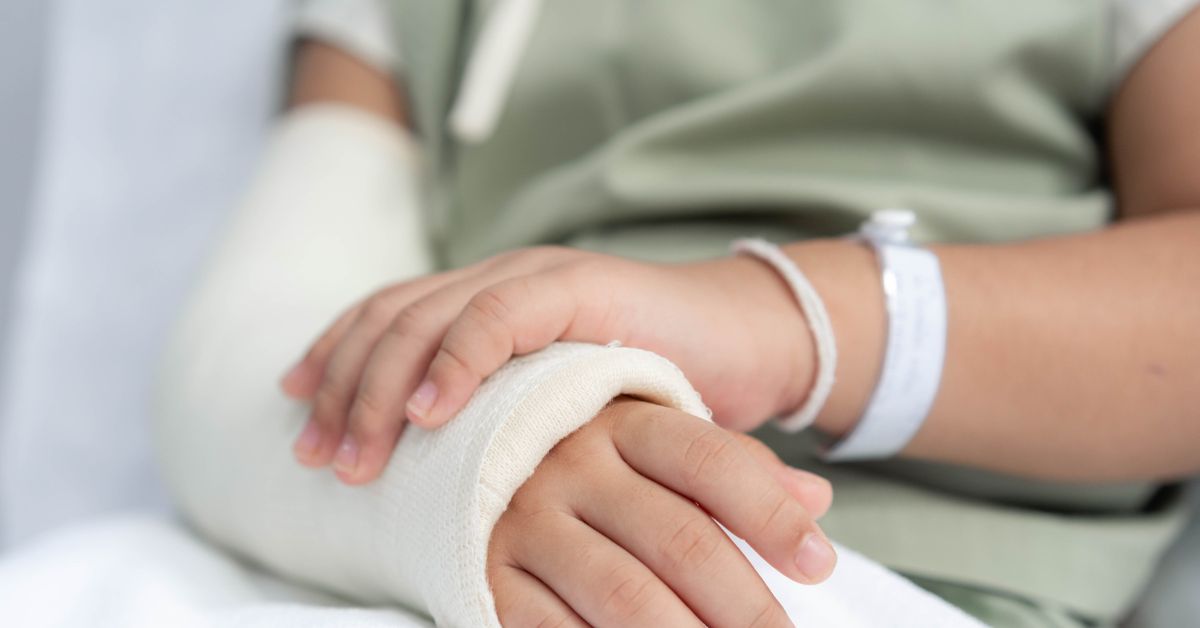With speech after traumatic brain injuries, it is important to be aware of the symptoms as well as treatment options.
Lisa Yanak, Lead Speech Pathologist at Mercy Health, walks us through cognitive and communication problems from a traumatic brain injury that can affect speech.
Speech issues after the injury
There are a variety of problems that can occur after a traumatic brain injury. It all depends on the severity of the injury and the area of the brain it affects.
“Typically, an injury on the left side of the brain results in more deficits with speech and cognition as this side of the brain mostly controls language,” says Lisa.
The injured individual may be unable to comprehend incoming stimuli or respond to it. This includes having difficulty understanding complex information or being unable to find a specific word to use while speaking.
There are also concerns with executive function, which can affect the individual’s ability to organize conversations. Emotion and behavior controls can be altered after a traumatic brain injury as well, which impacts social communication skills.
As for physical symptoms that might affect speech, a person can develop muscle weakness resulting in relaxed mouth movements. When this happens, speech is slurred and difficult to understand.
Assessing the symptoms
Speech issues from a traumatic brain injury are assessed with a speech-language pathologist asking a series of questions and conversing with the patient. During this session, the speech-language pathologist will assess how well the patient is able to comprehend and respond.
“Specific areas of focus during the assessment include automatic recall, imitation of words and sentences, and problem-solving tasks,” says Lisa.
There are also standardized tests available that are designed to assess traumatic brain injuries.
Speech-language treatment
If it is determined speech-language treatment is necessary, a personalized plan will be designed for the patient. The plan will focus on the patient’s specific areas of deficiency and needs based on their assessment results.
Several activities can help patients regain their communication abilities. They include problem-solving tasks, memory games, and oral exercises to strengthen muscles for speech production.
Speech-language treatments are extremely effective for patients recovering from a traumatic brain injury. They are helpful for loved ones as well.
“Speech-language pathologists play a large role in educating families and caregivers on how to effectively communicate with patients who have experienced a traumatic brain injury,” says Lisa. “It is important that information is less overwhelming for patients during recovery and that loved ones do not get frustrated communicating with them.”
The road to recovery
Depending on the severity of the traumatic brain injury, treatment can be a long process. A major key to success is a patient’s motivation during their treatments as well as their determination to reach their goals.
Learn about Mercy Health’s services for the most common traumatic brain injury, concussions.






